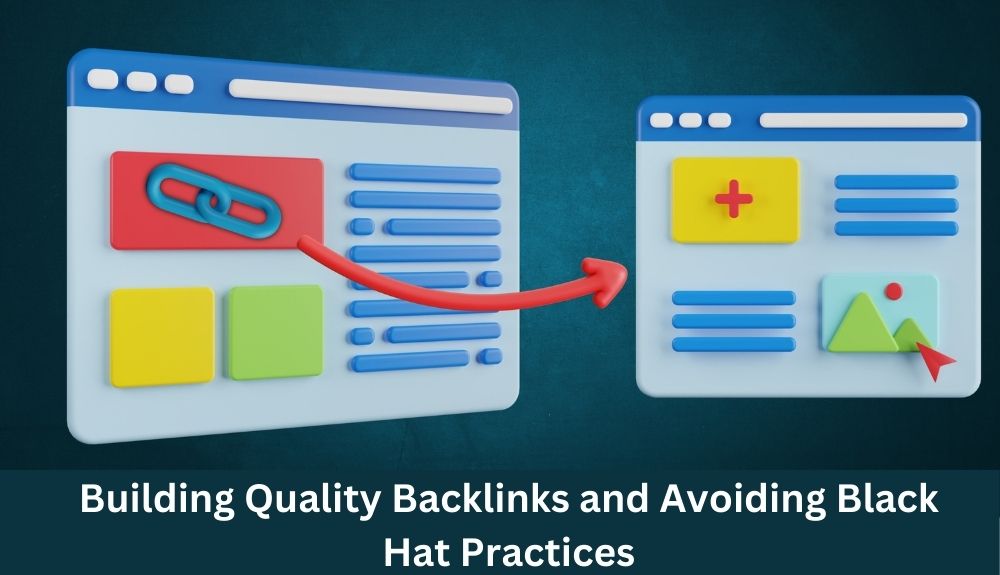Are you ready to navigate the ever-changing landscape of Google algorithms? In the world of digital marketing, staying ahead of algorithm updates is crucial for maintaining online visibility and driving organic traffic to your website. Let’s dive into the recent changes in Google algorithms and explore strategies to adapt and thrive in this dynamic environment!
Recent Changes in Google Algorithms and their Impact
Google algorithms are constantly evolving, keeping digital marketers on their toes. Recent changes have placed a stronger emphasis on user experience and content quality. Websites that prioritize these factors are rewarded with higher rankings, while those who neglect them may see a drop in visibility.
One notable update is the BERT algorithm, which focuses on understanding the context of search queries more accurately. This means that creating relevant and valuable content is now more important than ever. Another significant change is the Page Experience update, which considers factors like loading speed and mobile-friendliness to enhance overall user satisfaction.
Adapting to these algorithm shifts requires staying informed about industry trends and continuously optimizing your website. By prioritizing user-centric strategies such as mobile optimization and high-quality backlinks, you can navigate through Google’s updates successfully.
Strategies for Adapting to Algorithm Changes

Adapting to Google algorithm changes can be a daunting task, but with the right strategies in place, you can stay ahead of the curve. One key approach is to focus on creating quality content that is relevant and engaging for your audience. This means incorporating keywords naturally and providing valuable information that users will find helpful.
Another important strategy is to prioritize user experience on your website. Ensure that your site is easy to navigate, loads quickly, and offers a seamless experience across different devices. By keeping users happy, you are more likely to see positive results in search rankings.
Mobile optimization is no longer optional – it’s essential. With more people using smartphones and tablets to browse the internet, having a mobile-friendly website is crucial for maintaining visibility in search results.
Building quality backlinks from reputable sources can also help boost your SEO efforts. However, it’s important to avoid black hat practices like buying links or participating in link schemes, as these can result in penalties from Google.
Utilizing Quality Content and User Experience
In the ever-evolving world of SEO, quality content and user experience reign supreme. When it comes to adapting to Google algorithm changes, focusing on creating valuable and engaging content for your audience is key.
Quality content not only helps improve your website’s ranking but also enhances the overall user experience. By providing relevant and informative material, you can establish credibility and keep visitors coming back for more.
User experience plays a crucial role in how search engines evaluate your site. Ensuring that your website is easy to navigate, visually appealing, and loads quickly can have a significant impact on its performance in search results.
Incorporating multimedia elements such as videos, infographics, and interactive features can further enhance user engagement. Remember, at the end of the day, prioritizing quality content and user experience will not only help you adapt to algorithm changes but also foster long-term success online.
The Importance of Mobile Optimization
In today’s digital age, mobile optimization has become a crucial factor in determining the success of a website. With the increasing number of users accessing the internet through their smartphones and tablets, it is essential for businesses to ensure that their websites are optimized for mobile devices.
Mobile optimization involves designing and formatting a website so that it functions effectively on smaller screens. This includes using responsive design techniques to adapt the layout and content according to the device being used. A mobile-friendly website not only enhances user experience but also contributes to higher search engine rankings.
Google algorithms now prioritize mobile-friendly websites in search results, making it imperative for businesses to invest in mobile optimization. By providing a seamless browsing experience on all devices, companies can attract more visitors and improve conversion rates.
Incorporating elements like fast loading times, easy navigation, and clear call-to-action buttons can significantly impact user engagement on mobile platforms. Embracing mobile optimization is no longer an option but a necessity for staying competitive in today’s online landscape.
Building Quality Backlinks and Avoiding Black Hat Practices

Building quality backlinks is essential for improving your website’s authority and search engine ranking. It involves getting other reputable websites to link back to your site, signaling to Google Algorithm that your content is valuable and trustworthy.
One way to build quality backlinks is through guest posting on relevant sites within your industry. By providing useful and insightful content, you can naturally earn links back to your site from authoritative sources.
Avoiding black hat practices like buying links or participating in link schemes is crucial. These tactics may provide short-term gains but can result in severe penalties from Google, ultimately harming your website’s reputation and visibility.
Focus on creating high-quality, shareable content that naturally attracts backlinks from reputable websites. Engage with influencers and industry experts to collaborate on content creation and promotion, further enhancing the credibility of your link profile.
Conclusion: Staying Ahead of Google Algorithm Changes
As Google Algorithm continues to update to provide users with the best search experience possible, it’s crucial for website owners and digital marketers to stay ahead of these changes. By adapting strategies that focus on quality content, user experience, mobile optimization, and ethical link building practices, you can ensure your website remains visible in search results.
Remember, staying informed about the latest algorithm updates and implementing Search engine optimization (SEO) best practices will not only help you maintain your current rankings but also improve them over time. So keep learning, testing new techniques, and adjusting your strategy accordingly to thrive in the ever-evolving world of SEO. Embrace change as an opportunity for growth rather than a setback – this mindset will set you on the path towards long-term success in online visibility.












